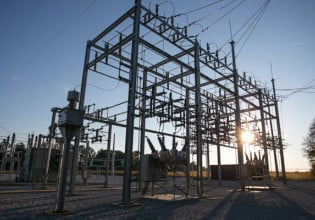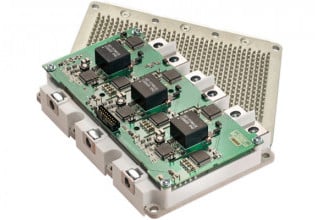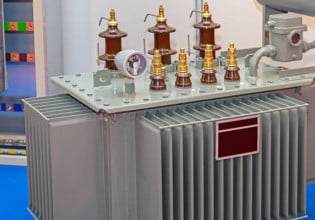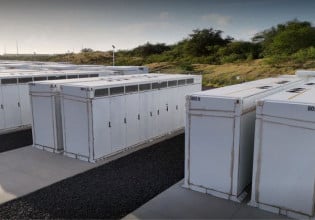High-Reliability Ceramic Capacitors for Automotive and Industrial Electronics
Taiyo Yuden (U.S.A.) Inc. has established a high reliability category of a few hundred capacitors, including multilayer ceramic capacitors (MLCCs), to meet the pressing demands of the automotive electronic components, industrial equipment, and medical equipment industries. The new MLCCs are offered with either X5R (-55 to +85 degrees C) or X7R (-55 to +125 degrees C) temperature characteristics and rated voltages from 4Vdc to 50Vdc. They are offered in four case sizes, 0603, 0805, 1206, 1210 with capacitance ratings (in uF) of, 0.022 to 10, 0.01 to 47, 0.047 to 100 and 1 to 100, respectively.
For greater control and flexibility, Taiyo Yuden combines their own superior raw materials and advanced technologies to produce this wide range of capacitors. Aimed at markets demanding high reliability, such as automotive electronics, like the infotainment system and body, comfort, etc., and also medical equipment, communication infrastructure equipment such as base station communication equipment, and industrial equipment used for factory automation equipment and industrial robots.
Taiyo Yuden has conducted stringent evaluation tests corresponding to AEC-Q200, a reliability-testing standard, for automotive electronic parts that are being added to their product offering. In particular, their multilayer ceramic capacitors have been successfully consolidated in their line-up. These high-reliability products meet the severe demand characteristics and reliability requirements dictated by the automotive electronics market.
The automotive electronics market has grown extensively, not only in developed countries but also in emerging countries. In order to pursue “safety, peace of mind, and comfort,†new functions, such as telematics, proximity sensors (that measure the distance between vehicles), and vehicle-mounted cameras (that can easily ascertain the situation in the immediate vicinity), are being installed in automobiles on a worldwide basis. Eco-cars, such as electric automobiles and hybrid cars, are growing in market share and contributing further to multi-functionality and advancement in technology for automobiles and to a sharp increase in the number of electronic components needed in the market. As a result, with the increase in the number of ECUs mounted for control of each function, many electronic components have been installed with highly efficient power circuits in order to improve energy-saving performance.






